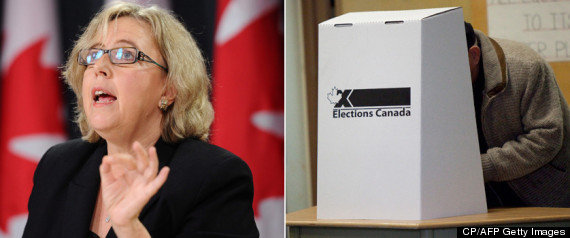Complicated credit derivatives turned the financial crisis into a catastrophe back in 2008. Now comes a study claiming evidence that these financial instruments are making the European debt crisis worse.
In a paper published in the April edition of the Journal of International Money and Finance, three French researchers say they have found evidence that derivatives, namely credit default swaps, have actually made the European debt crisis worse, driving up interest rates for shaky sovereign borrowers such as Greece and Italy.
"[I]n times of market distress the much smaller CDS market could drive up the bond interest rates of sovereign nations, amplifying the crisis," wrote Natalie Kettner, a spokeswoman for the Rouen Business School, one of the French institutions involved in the study. "The study showed that no country is safe from this perverse effect."
Credit derivatives played a clearly important role in the U.S. financial crisis, but in a much different way. AIG was nearly dragged under by its massive portfolio of CDS, which nearly brought down the entire financial system and required a massive government bailout of the insurance giant. And CDS helped make it easier for banks to load up on other weapons of mass financial destruction, bundles of risky mortgage securities.
In a paper published in the April edition of the Journal of International Money and Finance, three French researchers say they have found evidence that derivatives, namely credit default swaps, have actually made the European debt crisis worse, driving up interest rates for shaky sovereign borrowers such as Greece and Italy.
"[I]n times of market distress the much smaller CDS market could drive up the bond interest rates of sovereign nations, amplifying the crisis," wrote Natalie Kettner, a spokeswoman for the Rouen Business School, one of the French institutions involved in the study. "The study showed that no country is safe from this perverse effect."
Credit derivatives played a clearly important role in the U.S. financial crisis, but in a much different way. AIG was nearly dragged under by its massive portfolio of CDS, which nearly brought down the entire financial system and required a massive government bailout of the insurance giant. And CDS helped make it easier for banks to load up on other weapons of mass financial destruction, bundles of risky mortgage securities.




































